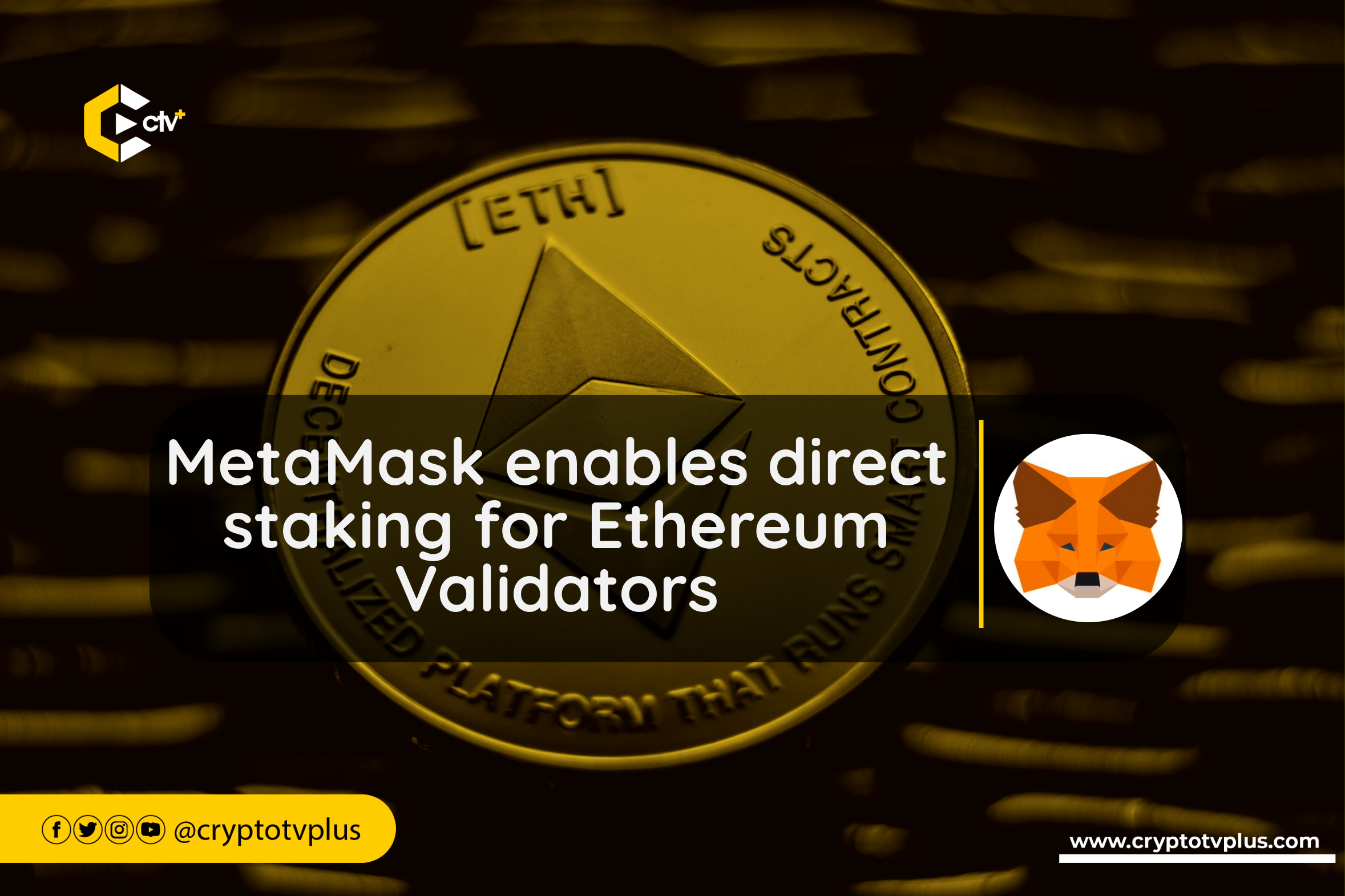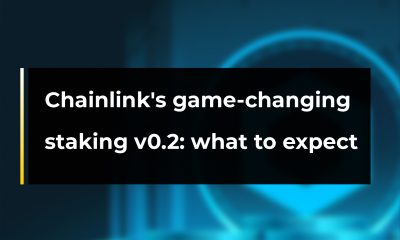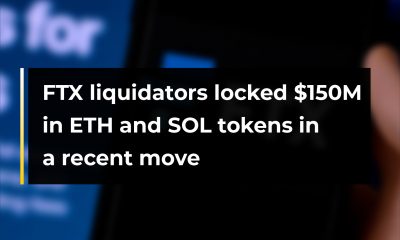News
MetaMask enables direct staking for Ethereum Validators

Users of the popular Ethereum wallet MetaMask can now stake a full validator directly from within the MetaMask interface.
MetaMask’s new staking feature simplifies the process of running a validator node, but it’s important to note that MetaMask takes a 10% cut of the rewards generated by the node.
Crypto wallet provider MetaMask has launched a new staking service allowing Ethereum users to run their validator nodes, offering a convenient way to participate in Ethereum’s Proof of Stake consensus mechanism with associated costs.
On Jan. 18, MetaMask Portfolio, providing information about a user’s crypto holdings, added the ability for users to stake Ethereum via their validator node.
To use MetaMask’s validator staking service, users must deposit a minimum of 32 Ether, equating to roughly $78,752 at Ethereum’s current price.
Concerns about the potential centralization of liquid staking providers like Lido make MetaMask’s service an attractive alternative
Staking via MetaMask eliminates the need to purchase and set up hardware for a personal Ethereum node, reducing the risk of being “slashed” for technical issues.
Consensys, which manages the service, “has never received any slashing penalties in more than two years of operation, despite managing over $2 billion worth of ETH across more than 33,000 validators,” it stated.
Despite its convenience and elimination of technical expertise, staking via MetaMask has downsides, including a relatively low yield of 3.8% per year and a 10% commission on validator rewards.
Crypto portfolio tracker Rotkiapp Founder Lefteris Karapetsas finds the service unattractive due to the high 10% fee compared to other options.
The net yield from staking with MetaMask, after the 10% commission, is comparable to Lido’s yield at 3.4%.
Lido, the largest liquid staking platform, has 9.3 million ETH worth $22.9 billion staked.
Approximately 25% of the circulating supply is locked in staking, a popular way to earn rewards on ETH.
While decentralized staking platforms like Lido offer relatively low fees, centralized exchanges like Coinbase charge higher fees, with a 25% cut of staking rewards.
Read also: Solana-based Jupiter confirms token release date

























Pingback: Arbitrum explores $90M incentives program to boost development | CryptoTvplus - The Leading Blockchain Media Firm